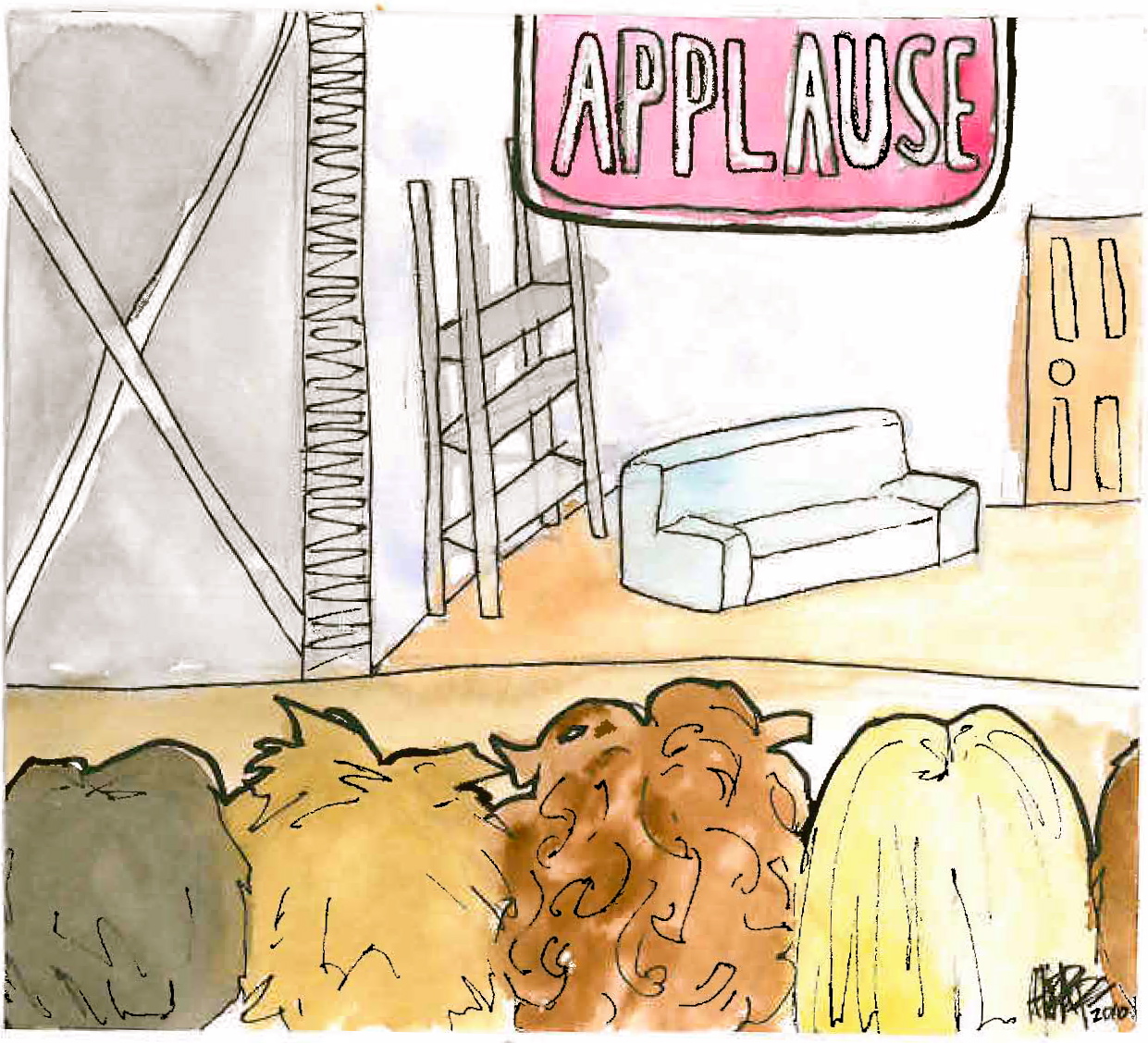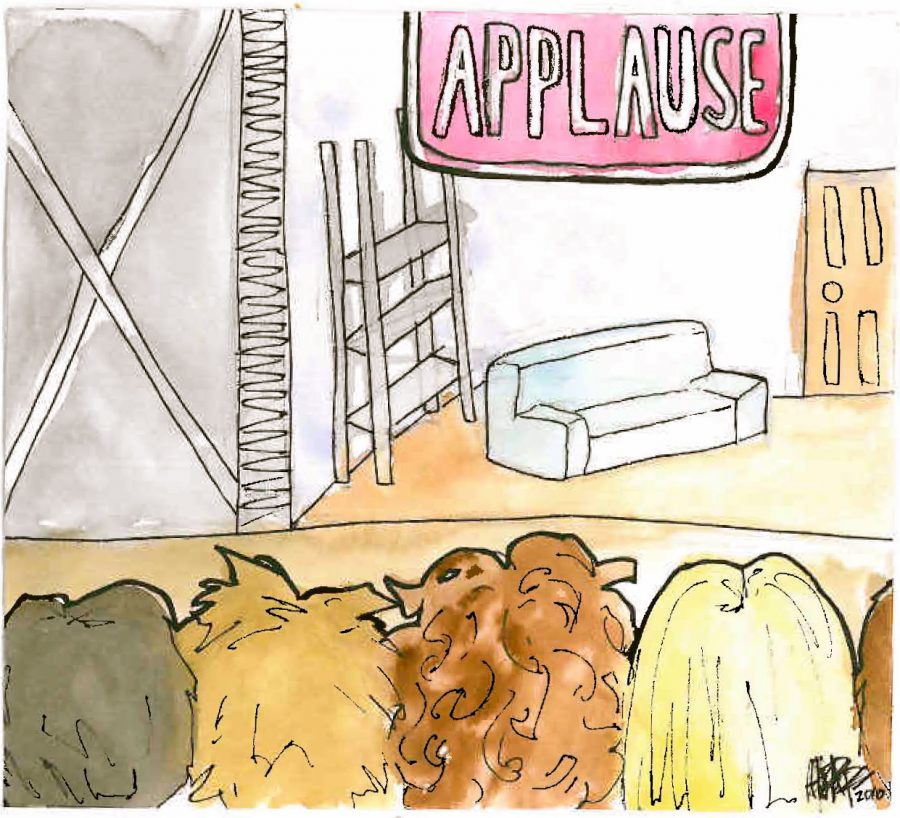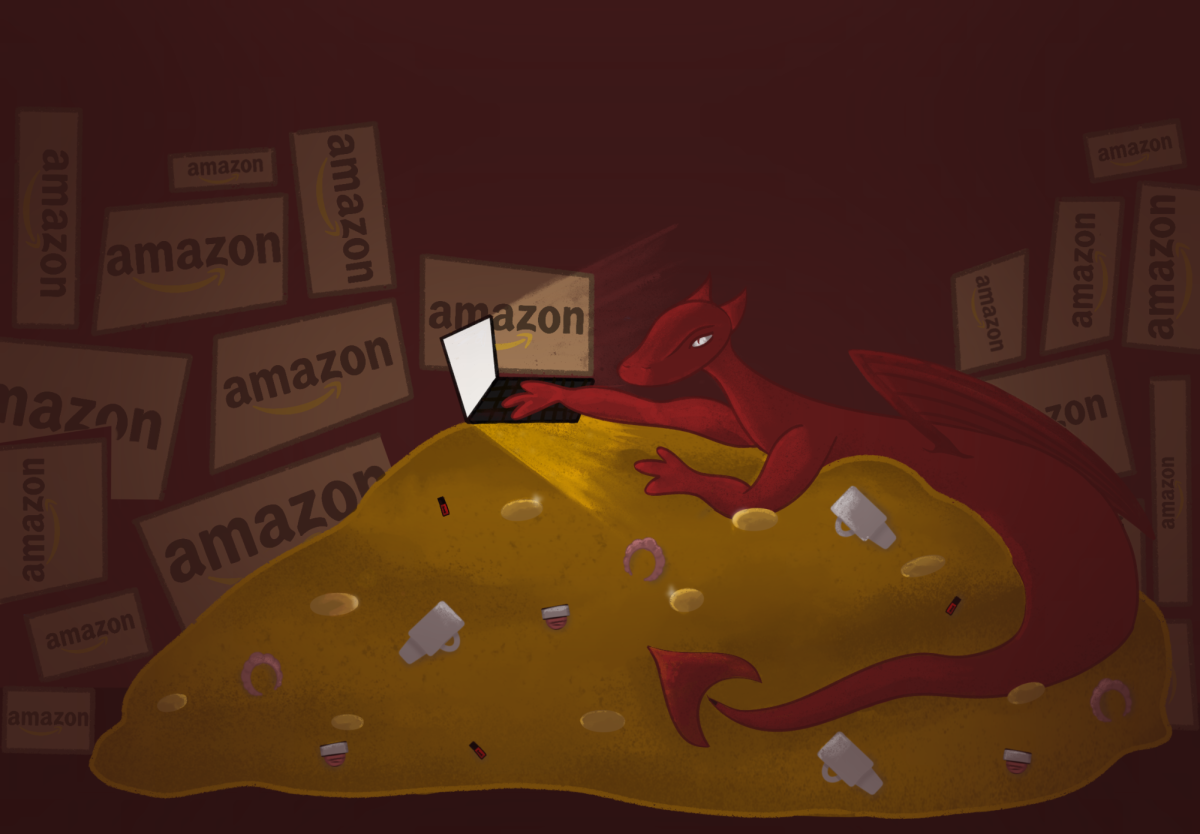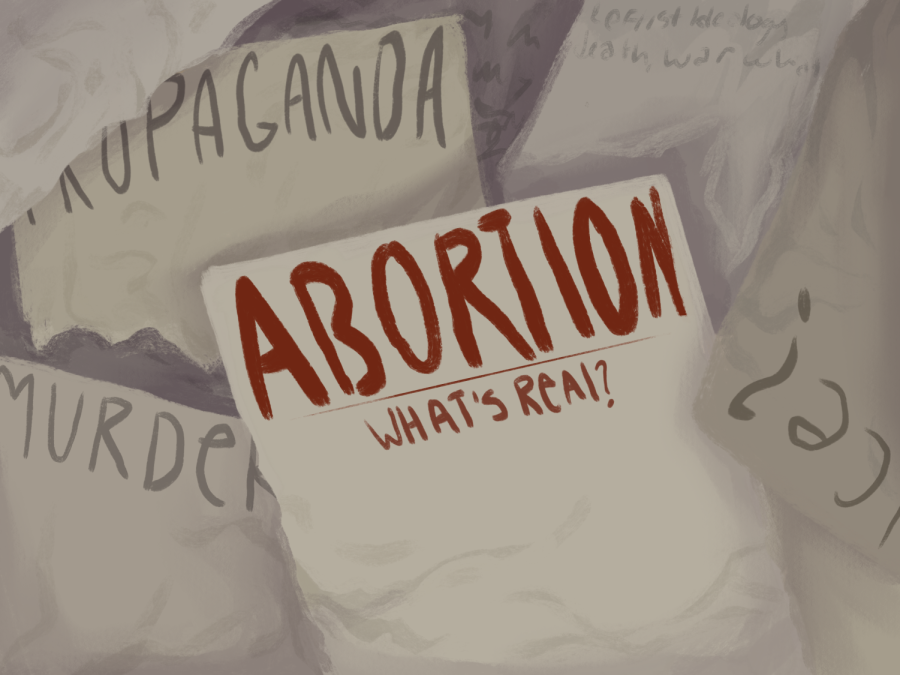
Most people casually dismiss it, with a simple “Yeah, it’s stupid but whatever.” It is something that people do not think about, because it is simply the way things are. The TV is not just telling me a joke, it is telling me how I should receive that joke. A helpful reminder for the politely benevolent audience at home. However, there is nothing more culturally important than canned laughter. Canned laughter is the manifestation of the most indicative qualities of insecure people. The show is telling you when to laugh, and precisely how much you should laugh. The three highest rated comedic television shows according to overall viewers last week were Two and a Half Men, The Big Bang Theory, and Mike and Molly, all three shows are produced by Chuck Lorre. Lorre created The Big Bang Theory and Two and a Half Men, and all three shows have laugh tracks. Sitcoms that are now considered iconic like Cheers, Seinfeld, and Friends also have laugh tracks, and are now in syndication showing re-run after re-run of laughing “audience members.” I am not saying that the shows themselves are immoral, or even not worth watching, the point is that canned laughter has bridged the gap between television and reality. Laughter is usually characterized as an involuntary reaction, something that people do whether they want to or not. But the majority of laughter in our lives is not actually a reaction to something that is funny. There is the polite laughter heard when someone is attempting to be funny, there is the laugh of familiarity (Oh, somebody in ASB is wearing that dragon costume again), and there is the laugh that people attempt to use to fill up air time in uncomfortable or unfamiliar conversations. Ironically, the television comedies that are known for their awkwardness (and are simultaneously the most critically lauded shows) like “30 Rock”, “Curb Your Enthusiasm”, “The Office” (and “Office” spin-offs and rip-offs “Parks and Recreation” and “Modern Family”) “Freaks and Geeks”, “Arrested Development” and, hate it or love it, “Glee”, all refuse to have canned laughter. Even the relatively new sitcom “Community” that relies on referential humor does not have a laugh track. These shows all feel more real than their laugh-tracked counterparts not because the situations are more realistic or believable, but because the people watching at home do not have the constant reminder that what they’re watching is supposed to make you laugh. Shows that have a laugh track imply that an audience needs to be guided, a large amount of laughter here means a character is doing something zany, an “aww” here means that something cute happened. “The Office” does not tell you when to laugh, the audience can actively decide how they want to feel about the story as it is laid out. Michael Scott can be a likable curmudgeon, or a nitwit who does not understand how the world works. Jim’s pranks on Dwight Shrute can be viewed as light-hearted teasing, or mean-spirited bullying. Comedic shows without laugh tracks imply that the audience can decide what is and isn’t funny. So, if the shows that earn critical praise don’t have laugh tracks, why are there shows with canned laughter at all? Well, the evidence shows that more people watch comedies if they have the familiar sound of over-done laughter guiding them to their own feeling of security. The reason why network executives continue to produce shows that contain laugh tracks is simple: they assume normal people do not have enough confidence to know what they think is funny. Laughter has become a character in shows with laugh tracks, it is like the neighbor whose face is guarded by a fence in “Home Improvement”, giving advice to the audience about how to handle situations. Are laugh tracks the sole reason why people laugh when nothing is funny? No, but they are representative of a culture of people that feels incapable of making their own decisions. Creative and intelligent entertainment does not necessarily mean that the subjects have to be intelligent and snobbish, but it needs to be presented in a manner that respects the audience’s intelligence and ability to make decisions. Ultimately it is the interpretation of art that makes it great, not merely what is on the canvas. Don’t think that sitcoms are any different.








